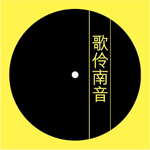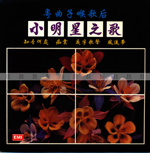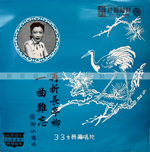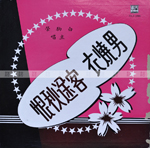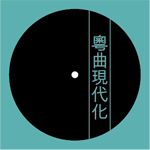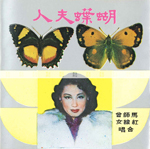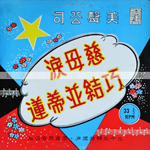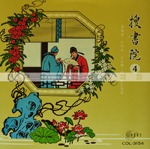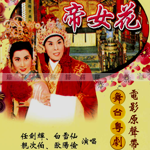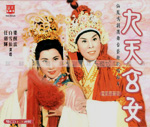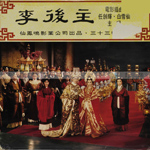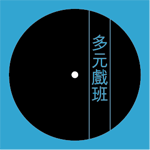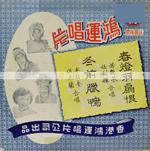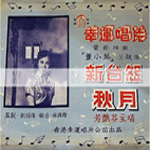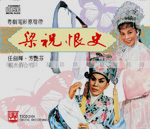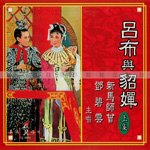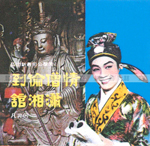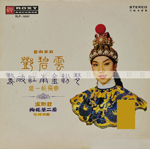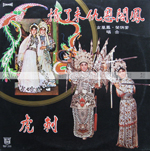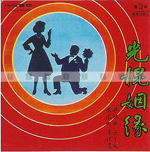Since the early twentieth century, Hong Kong has always been an important venue for Cantonese opera development. After 1949, as a result of political turmoil in the Mainland, performers and troupes converged and resettled in the territory, leading to a tremendous prospering of Cantonese opera in the subsequent decade. This development is linked intimately with the rise of the electronic media.
Performers and troupes began to grasp the possibilities offered by film and radio to re-examine age-old performance practices with regard to acting, singing, script writing, instrumentation, and stage set-up. They brought in novel elements from the theatre and movie world, and participated in the production of films and records. With these acts, they are extending the movement to modernize Cantonese opera that began in the 1930s.
Wong Jum-sum was thoroughly immersed in the world of Cantonese opera from young. Through his close encounter with master performers like Hung Sin-nui, Ma Si-tsang, Yam Kim-fai, Pak Suet-sin and Tong Dik-sang, he witnessed first hand the modernization of Cantonese opera, and was mightily moved by the adventure and passion he saw.
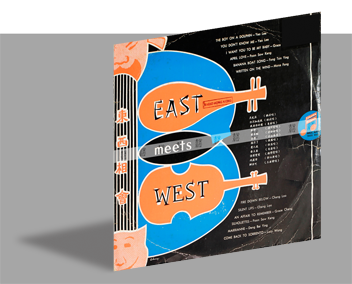

作曲:Ernesto DeCurtis
作詞:錢君
主唱:王若詩
聽那海洋的呼吸
充滿了柔情蜜意
你的笑語和歌聲
留在我的夢裡
園內陽光明媚無比
嬌花到處放出香氣
對著這麼好的風光
教我怎樣不想你
自從你和我分離
悲哀湧進我的心裡
在這可愛的地方
數著你的歸期
歸來吧 歸來
請不要把我忘記
歸來吧 歸來吧
我在等你
園內陽光明媚無比
嬌花到處放出香氣
對著這麼好的風光
教我怎樣不想你
自從你和我分離
悲哀湧進我的心裡
在這可愛的地方
數著你的歸期
歸來吧 歸來
請不要把我忘記
歸來吧 歸來吧
我在等你
